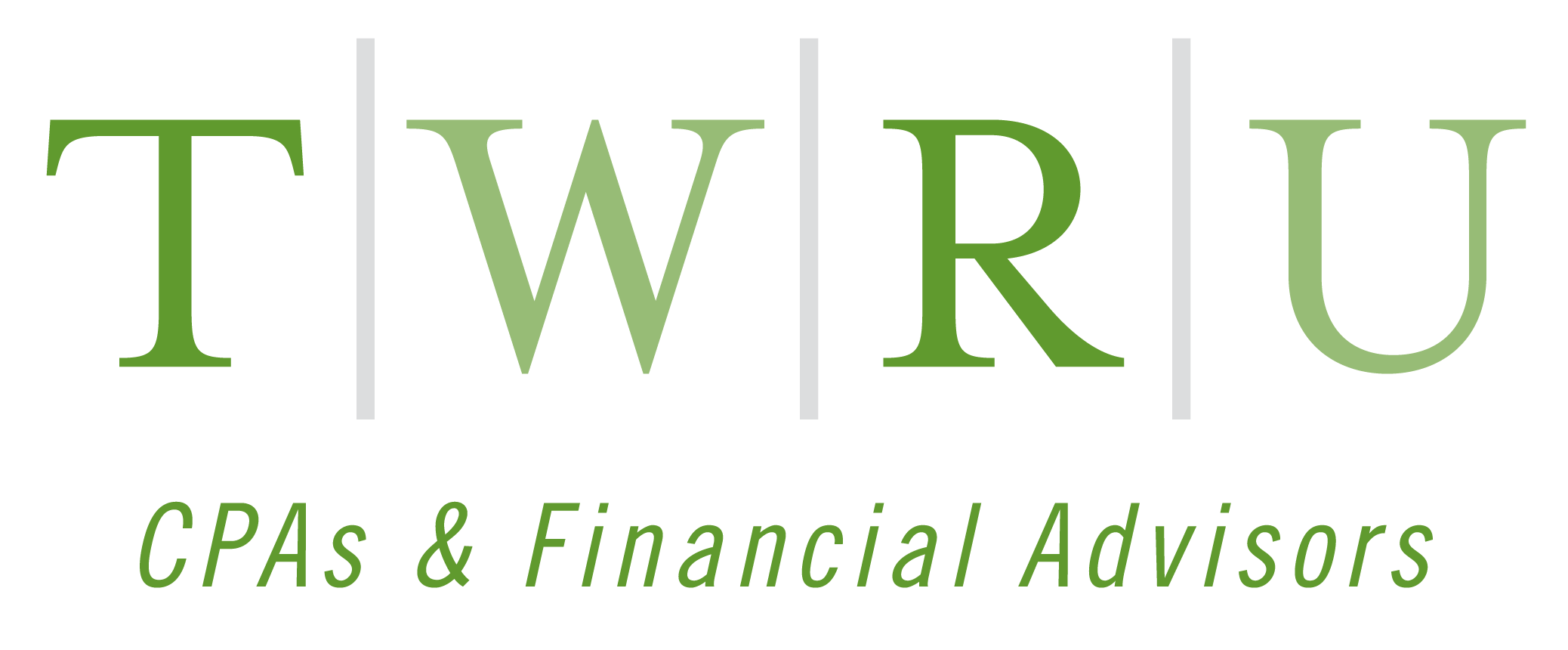Videotaping your will signing may not produce the desired outcome
Some people make video recordings of their will signings in an effort to create evidence that they possess the requisite testamentary capacity. For some, this strategy may help stave off a will contest. But in most cases, the risk that the recording will provide ammunition to someone who wishes to challenge the will outweighs the potential benefits. Assessing the downsides Unless the person signing the will delivers a flawless, natural performance, a challenger will pounce on the slightest hesitation, apparent discomfort or momentary confusion as “proof” that the person lacked...
Read MoreGAAP vs. tax-basis reporting: Choosing the right model for your business
Virtually every business must file a tax return. So, some private companies issue tax-basis financial statements, rather than statements that comply with U.S. Generally Accepted Accounting Principles (GAAP). But doing so could result in significant differences in financial results. Here are the key differences between these two financial reporting options. GAAP GAAP is the most common financial reporting standard in the United States. The Securities and Exchange Commission requires public companies to follow it. Many lenders expect private borrowers to follow suit, because GAAP is familiar and consistent. In...
Read More2017 Q4 tax calendar: Key deadlines for businesses and other employers
Here are some of the key tax-related deadlines affecting businesses and other employers during the fourth quarter of 2017. Keep in mind that this list isn’t all-inclusive, so there may be additional deadlines that apply to you. Contact us to ensure you’re meeting all applicable deadlines and to learn more about the filing requirements. October 16 If a calendar-year C corporation that filed an automatic six-month extension: File a 2016 income tax return (Form 1120) and pay any tax, interest and penalties due. Make contributions for 2016 to certain...
Read More“Bunching” medical expenses will be a tax-smart strategy for many in 2017
Various limits apply to most tax deductions, and one type of limit is a “floor,” which means expenses are deductible only if they exceed that floor (typically a specific percentage of your income). One example is the medical expense deduction. Because it can be difficult to exceed the floor, a common strategy is to “bunch” deductible medical expenses into a particular year where possible. If tax reform legislation is signed into law, it might be especially beneficial to bunch deductible medical expenses into 2017. The deduction Medical expenses that...
Read MoreSeasonal business? Optimize your operating cycle
Every business has some degree of ups and downs during the year. But cash flow fluctuations are much more intense for seasonal businesses. So, if your company defines itself as such, it’s important to optimize your operating cycle to anticipate and minimize shortfalls. A high-growth example To illustrate: Consider a manufacturer and distributor of lawn-and-garden products such as topsoil, potting soil and ground cover. Its customers are lawn-and-garden retailers, hardware stores and mass merchants. The company’s operating cycle starts when customers place orders in the fall — nine months...
Read MoreMake endowment funding your nonprofit’s ally
Income from endowment funds may be able to help your not-for-profit meet operating expenses, ease cash-flow problems and supplement next year’s annual budget. But you need to pay attention to several factors, including investment performance, inflation, operational changes and — the only factor you can truly control — your nonprofit’s spending policy. Know your restrictions If endowment funds contain donor-imposed restrictions, your spending policy needs to defer to those. But assuming funds aren’t restricted, nonprofits in every state except Pennsylvania must conform to provisions of the Uniform Prudent Management...
Read MoreDon’t let “founder’s syndrome” impede your succession plan
Are you the founder of your company? If so, congratulations — you’ve created something truly amazing! And it’s more than understandable that you’d want to protect your legacy: the company you created. But, as time goes on, it becomes increasingly important that you give serious thought to a succession plan. When this topic comes up, many business owners show signs of suffering from an all-too-common affliction. The symptoms In the nonprofit sphere, they call it “founder’s syndrome.” The term refers to a set of “symptoms” indicating that an organization’s...
Read MoreABCs of HSAs: How an HSA can benefit your estate plan
One health care arrangement that has been soaring in popularity in recent years has been the pairing of a high-deductible health plan (HDHP) with a Health Savings Account (HSA). The good news is that not only does an HSA provide a tax-advantaged way to pay for health care costs, but it also can help you achieve your estate planning goals. How does it work? An HSA can be offered by an employer, or an individual can set up his or her own account, similar to an IRA. Contributions to an...
Read MoreShould your business use per diem rates for travel reimbursement?
Updated travel per diem rates go into effect October 1. To simplify recordkeeping, they can be used for reimbursement of ordinary and normal business expenses incurred while employees travel away from home. Per diem advantages As long as employees properly account for their business-travel expenses, reimbursements are generally tax-free to the employees and deductible by the employer. But keeping track of actual costs can be a headache. With the per diem rates, employees don’t have to keep receipts for covered travel expenses. They just need to document the time,...
Read MoreWhy you should boost your 401(k) contribution rate between now and year end
One important step to both reducing taxes and saving for retirement is to contribute to a tax-advantaged retirement plan. If your employer offers a 401(k) plan, contributing to that is likely your best first step. If you’re not already contributing the maximum allowed, consider increasing your contribution rate between now and year end. Because of tax-deferred compounding (tax-free in the case of Roth accounts), boosting contributions sooner rather than later can have a significant impact on the size of your nest egg at retirement. Traditional 401(k) A traditional 401(k) offers...
Read More
